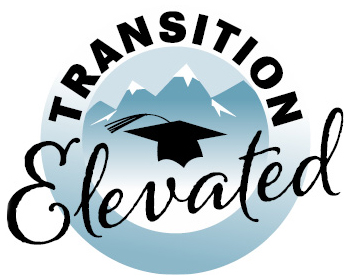Family Engagement
Families are essential partners in transition planning. Their insights, values, and support systems shape how students define success and move toward their goals. Educators can build strong relationships with families by listening, collaborating, and creating space for trust and open communication.
The Role of Families in Transition
Why is family engagement important?
Families provide critical context and support. They often know the student’s history, strengths, and challenges better than anyone — and they’ll continue supporting the student after school ends. Engaged families help reinforce goals at home and advocate for services or supports.
What does meaningful engagement look like?
It means more than just attending meetings. Meaningful engagement includes:
- Inviting family input on transition goals
- Respecting their role as decision-makers and advocates
- Communicating in ways that are accessible and culturally responsive
- Providing consistent updates and opportunities for collaboration
Building Trust and Communication
How can educators build trust with families?
Trust starts with respect and consistency. Strategies include:
- Learning the family’s preferred communication methods
- Following through on commitments
- Recognizing and respecting cultural values and language differences
- Starting with the student’s strengths before discussing needs
What if families are hesitant or disengaged?
Family disengagement is often a sign of feeling overwhelmed or unheard — not disinterest. Offer low-pressure ways to connect, like phone check-ins, short surveys, or sending updates through a trusted contact like a paraprofessional or counselor.
Supporting Families as Partners
How can we help families understand transition services?
Use plain language, translated materials, and clear explanations of timelines and terms. Share visuals or flowcharts that show the transition process, and provide links to outside agencies or workshops.
What should families know about life after high school?
Many families aren’t aware that the IEP ends at graduation or age 22. Educators can help them prepare by:
- Discussing adult service options early
- Referring them to Vocational Rehabilitation or DSPD when appropriate
- Helping create a “next steps” checklist with contact names and timelines
How do we honor family input without overwhelming them?
Break information into manageable chunks. Focus on actionable items, and avoid acronyms or jargon. Validate their concerns and offer empathy — they’re navigating a lot.
Tip: Families are not just support systems — they’re leaders in their student’s life. Build partnerships, not checklists.
